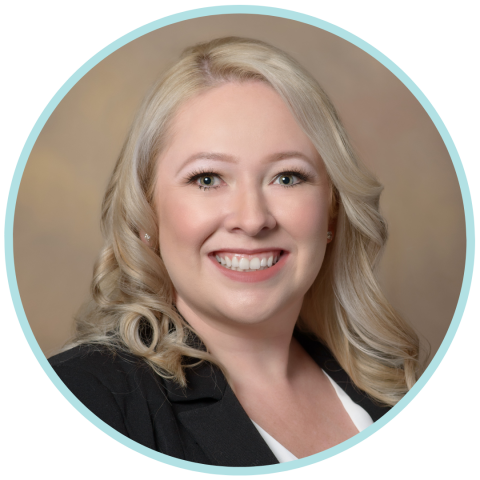Danielle Sawyer’s relationship with cancer started personally as her grandmother and mother were diagnosed with cancer around the same time. But now it’s professional as she is an MD-PhD candidate with the University of Arizona’s Cancer Biology Graduate Interdisciplinary Group. She’s researching genetic mutations in a protein responsible for repairing DNA damage and how it can lead to cancer development.
There are three ways genetic mutations can happen. Sawyer focuses on DNA after cells are exposed to a mutagen. Mutagens are one of the reasons why genes mutate and are caused by pollution, radiation, smoke, UV light, or cell respiration. When DNA is damaged, special proteins hold the DNA to allow it to be repaired appropriately. Meet polymerase beta (Polβ).
When DNA works with Polβ, there are three outcomes. The first outcome is it puts in the wrong nucleotide, which causes a mutation. The second outcome can lead to DNA breaks if it’s too slow to fix the DNA. Polβ “repairs 30,000 to 50,000 DNA lesions per cell per day,” explains Sawyer. When it’s too slow, it causes strands to collapse and break, which also leads to DNA damage. The last and most ideal outcome is Polβ repairs the DNA, and it returns to normal. This is shown in Sawyer’s graphic below.
“If things don’t go right, you can have all sorts of chaos in the cell, eventually leading to cancer formation. Or at least, a pre-cancer state that can worsen and result in cancer,” shares Sawyer.
And one mutation is all it takes for DNA mutations to multiply in the body. “If Polβ puts in the wrong nucleotide 50,000 times per day and in every cell, the body will accumulate a lot of mutations,” states Sawyer.
“When we have too many DNA alterations and breaks in the cell, we call that genomic instability,” explains Sawyer. “Genomic instability is already known to be a driver of cancer formation.” But Sawyer studies Polβ to prevent cancer because the variant she researches, S180R, is hereditary and mostly seen in patients diagnosed with breast cancer and lung cancer.
When her mother was genetically tested for breast cancer, there were only two genes they tested for. But when Sawyer was genetically tested 10 years later, they tested 30 to 40 genes. “This could result in our understanding of a very rare yet important variant. It could be on a genetic panel for screening,” Sawyer explains.
Sawyer expresses gratitude for the Scholar Award, but ARCS means more to her than financial help. ARCS is “everything I aspire to be: strong, amazing, highly successful, and passionate about science and medicine and helping people,” she explains. Sawyer finds strength in knowing ARCS members believe in her and support her research, especially early on in her research. “It’s really special that they support these young scientists early in their career and help them through the hardest part of their career.”
Subscribe to our monthly newsletter!
- Friend
- Scholar
- Member

